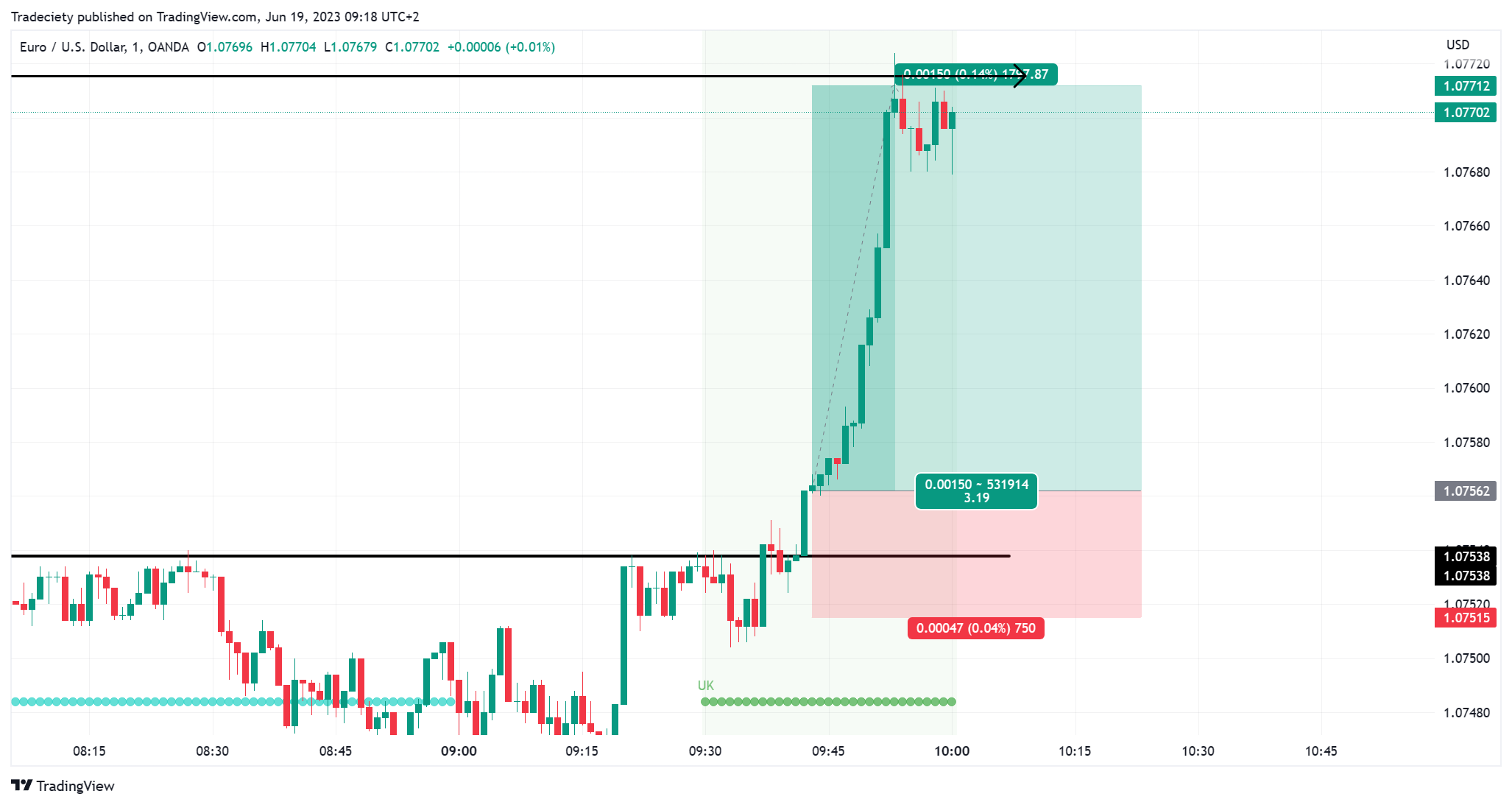Essential Trading Courses for Stock Market Success
Navigating the stock market can seem intimidating, but with the right training, anyone can become a savvy trader. Trading courses are designed to break down complex concepts into digestible lessons, enabling you to confidently make profitable decisions. Whether you’re a beginner or looking to enhance your existing skills, there are trading courses that cater to every level and learning style.
Introduction to Stock Market Trading
Stock market trading can be a rewarding endeavor, both financially and intellectually. But like learning a new language, success in trading requires a strong foundation in essential concepts and tools. Trading courses offer a structured path to understanding the market, eliminating the trial-and-error process many beginners experience.
Why Take a Trading Course?
Why not just dive into the stock market on your own? While self-learning is possible, a trading course offers several advantages:
- Guidance from Experts: Courses are typically designed and taught by experienced professionals.
- Structured Learning: They follow a systematic approach, making it easier to understand step-by-step.
- Reduced Risk: Knowledge can help you avoid costly mistakes.
Types of Trading Courses Available
Trading courses vary greatly, from introductory overviews to highly specialized programs. They cater to different interests and skill levels, so you can choose based on what you aim to achieve. The main types include:
- Beginner Courses: For those with little to no trading experience.
- Advanced Courses: For seasoned traders who want to deepen their knowledge.
- Specialized Courses: Focused on specific trading methods, such as day trading or options trading.
Essential Skills You’ll Learn
Quality trading courses equip you with key skills necessary for success in the market. These include:
- Technical Analysis: Reading and interpreting charts and patterns.
- Fundamental Analysis: Understanding company health and market conditions.
- Risk Management: Minimizing potential losses while maximizing gains.
- Trading Psychology: Staying disciplined and managing emotions.
Best Trading Courses for Beginners
For those starting out, beginner courses introduce the stock market, types of trades, and basic strategies. Some top courses for beginners include:
- Investopedia Academy’s Stock Trading for Beginners: Provides a solid foundation in stock trading.
- TD Ameritrade’s Investing Basics: Free course that covers the fundamentals.
- Coursera’s Trading Basics: Offers a basic understanding of stock trading mechanics.
Intermediate and Advanced Courses
Once you’ve mastered the basics, intermediate and advanced courses can help you dive deeper:
- Udemy’s Advanced Stock Trading Course: Covers technical analysis and risk management for more experienced traders.
- Warrior Trading’s Day Trading Course: Provides intensive training for those interested in day trading as a career.
Courses on Day Trading
Day trading involves buying and selling stocks within the same day, capitalizing on price fluctuations. Popular day trading courses include:
- Bear Bull Traders: Focuses on live trading support and community feedback.
- Investopedia Academy’s Become a Day Trader: Practical advice and trading simulations for hands-on learning.
Courses on Swing Trading
Swing trading is a short-term strategy where positions are held for a few days to weeks. Courses to consider:
- Swing Trader Guide by Udemy: Detailed course on swing trading techniques.
- Bulls on Wall Street’s Swing Trading Course: Provides insights into identifying trends for profitable swing trading.
Technical Analysis Courses
Technical analysis helps traders interpret price movement through charts. Recommended courses include:
- Investopedia Academy’s Technical Analysis: Covers indicators, trends, and chart patterns.
- Trading Academy’s Technical Analysis Course: Emphasizes candlestick charting and volume analysis.
Fundamental Analysis Courses
Fundamental analysis focuses on evaluating the value of a company’s stock. Some well-regarded courses are:
- Financial Edge’s Company Valuation: Focuses on reading financial statements.
- Coursera’s Financial Markets by Yale: Teaches the basics of market structures and valuation.
Risk Management and Psychology in Trading
Risk management is crucial for long-term success. Courses like Risk Management by Coursera and Trading Psychology by Trading Academy offer valuable strategies for balancing risk and handling trading stress.
Courses on Algorithmic and Quantitative Trading
Algorithmic trading uses algorithms to automate trading strategies. Courses in this category are usually more advanced and require a technical background:
- QuantInsti’s Algorithmic Trading: One of the top algorithmic trading courses.
- Udacity’s AI for Trading: Focuses on machine learning applications in trading.
Online Trading Simulations and Platforms
Learning with simulations can offer real-world experience without financial risk. Platforms like PaperTrader by TD Ameritrade and Investopedia Simulator allow you to practice trading in a controlled environment.
Certificate Programs for Stock Trading
Earning a certificate can boost your credibility as a trader. Recognized programs include:
- NYIF’s Certificate in Equity Trading: Offers in-depth training in equity trading.
- Wharton’s Certificate in Trading: Advanced program focused on trading strategies.
Choosing the Right Course for Your Goals
Selecting the right course depends on your current skills and trading goals. Beginners should start with foundational courses, while those with experience may want to look into specialized courses or certificate programs. Always review course content, instructor qualifications, and student reviews before committing.
Conclusion
Taking a trading course can be your stepping stone to becoming a confident trader. From learning the basics to mastering advanced strategies, these courses provide the knowledge and tools you need to make informed decisions in the stock market. Remember, successful trading is a journey, not a quick win commit to continuous learning and practice to achieve long-term success.














Post Comment